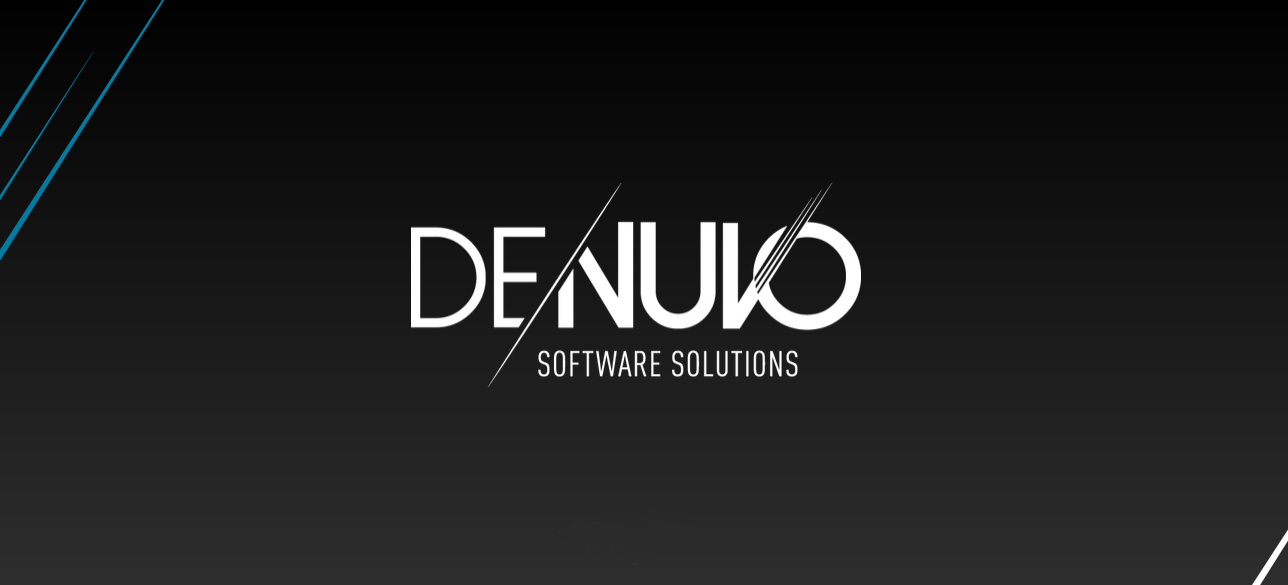Denuvo Beats Piracy with Their Protection Software
Piracy was and still is a considerable issue in gaming. Many video and PC games would be cracked within days of their release, and digital rights management (DRM) is not always effective.
There has recently been a significant development in antipiracy efforts. This came in the wake of notorious cracking group 3DM’s inability to penetrate the protection on FIFA 16 and Just Cause 3 to this day. Their efforts were stymied to the point that their lead cracker had very nearly given up on the project.
So what happened and how did it happen?
The Piracy Arms Race
Denuvo is the company behind the recent victories against game piracy. The key to Denuvo’s success is focusing not on bloating existing software with digital rights management but on reverse-engineering the process by which pirates crack games.
They studied how pirates neutralize the DRM measures that seek to authenticate a game copy. They then analyzed how pirates emulate games and trick them into thinking you own a legitimate copy, bypassing the DRM measures altogether.
Denuvo then implemented not just one or two layers of protection to counter the breaches used by crackers, but multiple onion-like layers that require crackers to keep analyzing and breaching multiple security measures. Denuvo also makes it as difficult as possible for crackers to analyze the defensive measures applied in the first place, requiring even more time to find new ways of breaching security.
Denuvo’s measures actively make it harder for pirates to understand how the company protects its games – giving it a significant lead in the race to protect and crack video games.
And yet the end-goal of the company isn’t even to prevent piracy altogether. It just seeks to buy enough time for pirates to become impatient and for games to turn a profit.
Pirates into Payers
Denuvo’s protective measures were actually breached with Dragon Age: Inquisition, even if it took five weeks for the game to be cracked for a few systems and a whopping ten months for the game to be opened up on all Windows operating systems.
These five weeks though were enough for pirates to lose their patience and shell out money to play the game along with the rest of the world. The philosophy that Denuvo works on is to convert pirates into paying customers, which has served the company well thanks to the successful defense of 10 protected games in 2015.
Related Topics: Denuvo, Piracy



